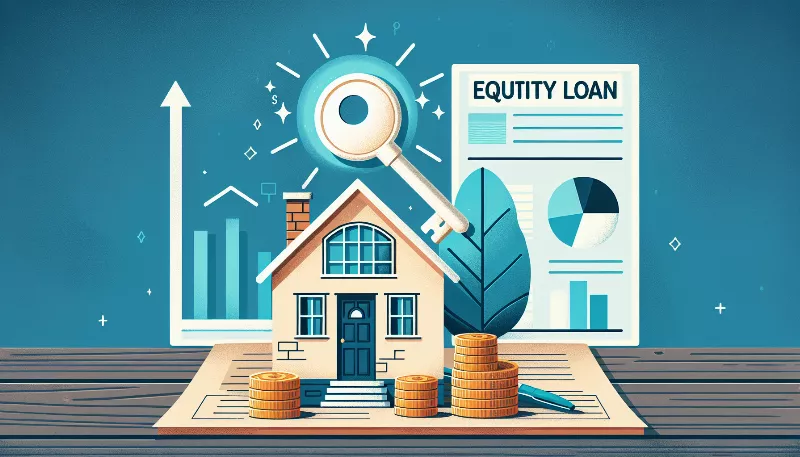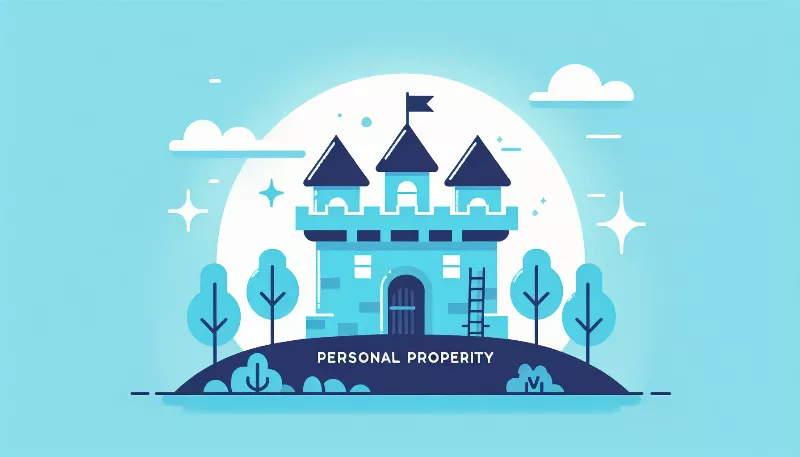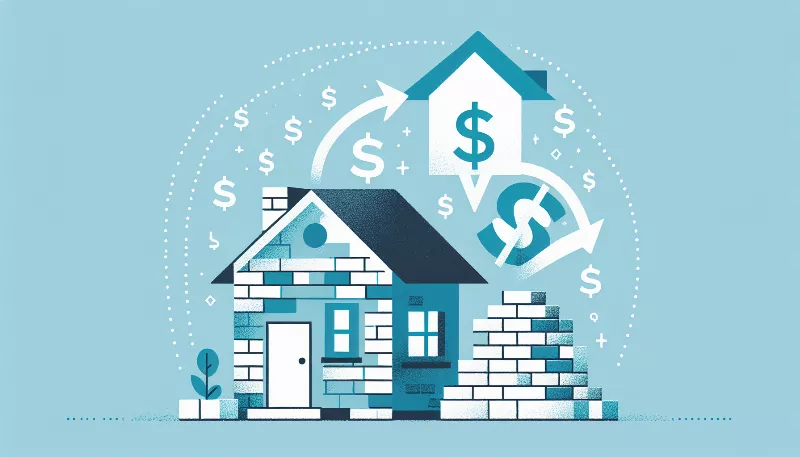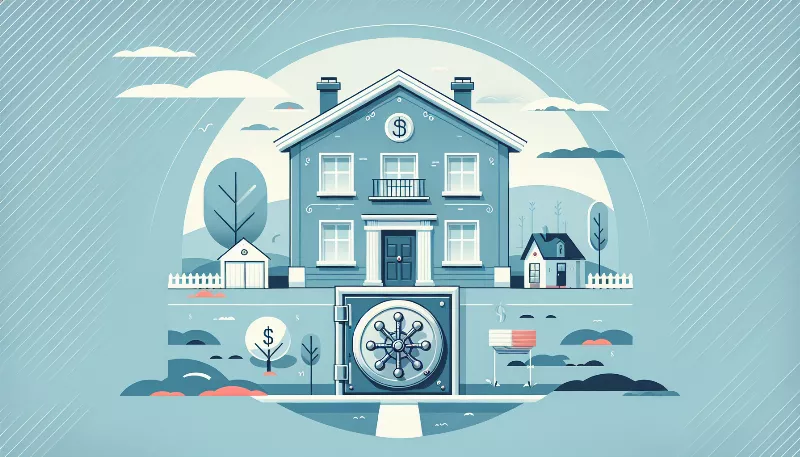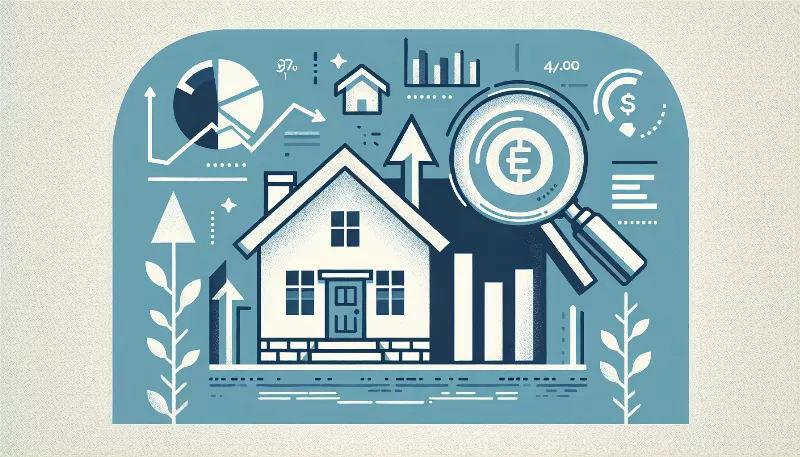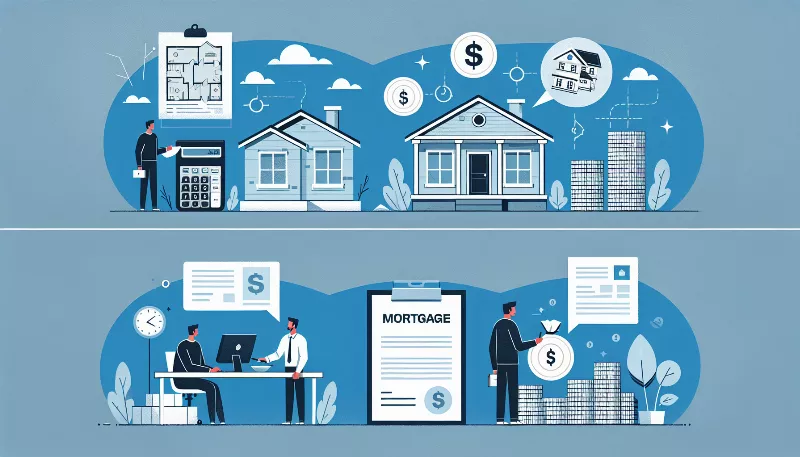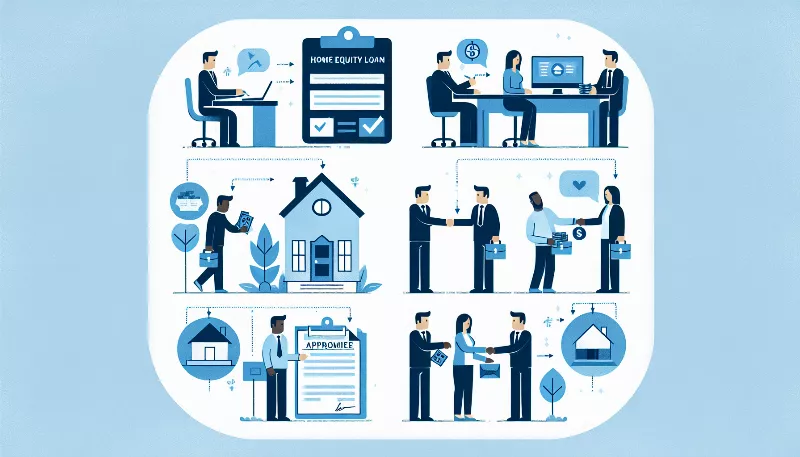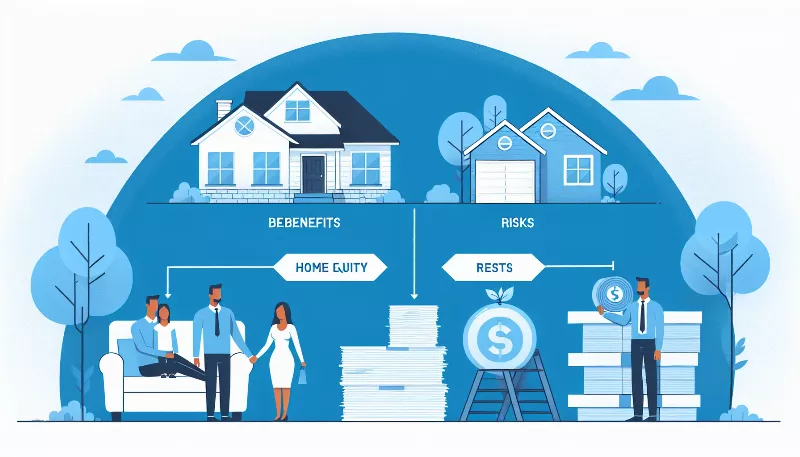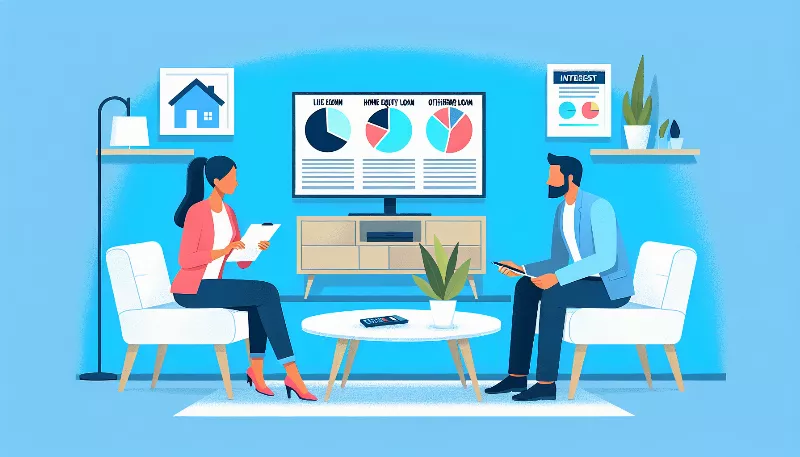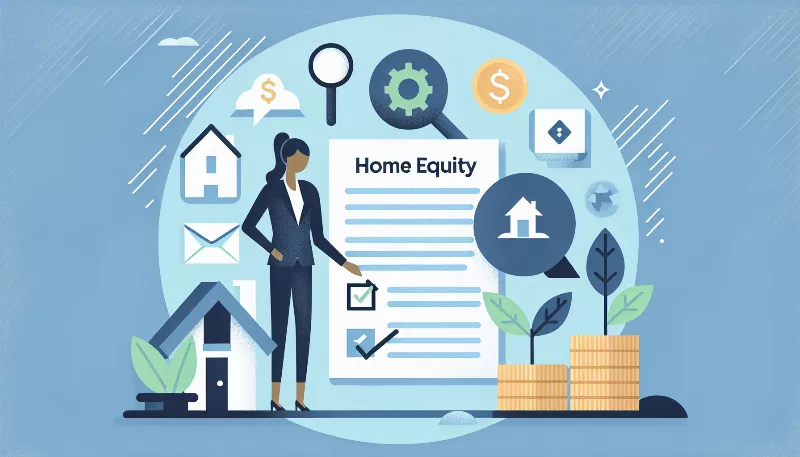Equity Essentials: 5 Key Factors That Affect Your Home Loan Rate
Unlock the secrets to lower home loan rates with our guide on 5 crucial factors. Save big on your mortgage by understanding equity essentials!
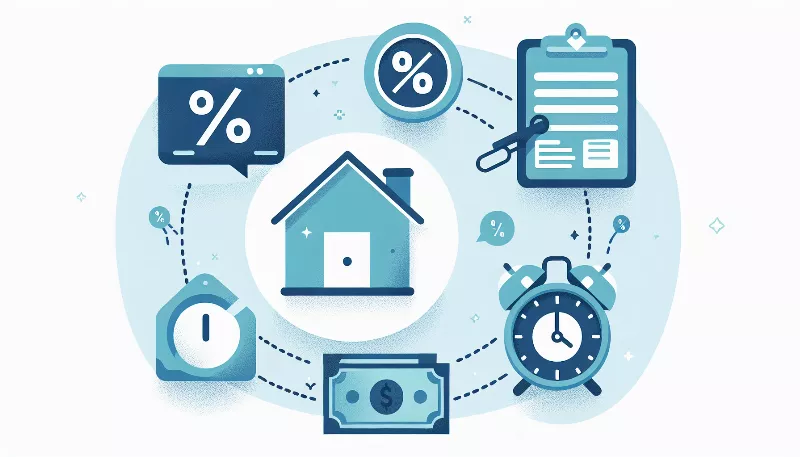
Unlock the Secrets to a Better Home Loan Rate!
Are you in the market for a new home, or considering refinancing your current abode? Understanding the intricacies of home loan rates can be the difference between a good deal and a great one. Let's dive into the five key factors that lenders consider when determining your home loan rate. Embrace the knowledge and prepare to secure a rate that will have you grinning from ear to ear!
Credit Score: Your Financial Report Card
Your credit score is like a financial report card that lenders scrutinize closely. It's a numerical representation of your creditworthiness, based on your past borrowing and repayment history. The higher your score, the more trustworthy you appear to lenders, which can lead to lower interest rates. Keep your credit score in tip-top shape by paying bills on time, maintaining low credit card balances, and avoiding unnecessary debt.
Down Payment: The Power of Equity
The size of your down payment can significantly influence your loan rate. A larger down payment means more equity in your home from the get-go, reducing the lender's risk. Aim for a down payment of at least 20% to avoid private mortgage insurance (PMI) and potentially secure a more favorable interest rate. Remember, the more skin you have in the game, the better the terms you might receive.
Loan Term: Shorter May Be Sweeter
The length of your loan term affects your interest rate and overall cost of borrowing. Shorter-term loans, like 15-year mortgages, typically come with lower rates than 30-year terms. While monthly payments may be higher with a shorter term, you'll pay less interest over the life of the loan, saving you money in the long run. Consider your budget and long-term financial goals when choosing your loan term.
Interest Rate Type: Fixed or Adjustable?
When it comes to interest rates, you have two main options: fixed or adjustable. A fixed-rate mortgage locks in your interest rate for the duration of the loan, providing stability and predictability in your payments. An adjustable-rate mortgage (ARM), on the other hand, may start with a lower rate that changes over time based on market conditions. This could be beneficial if rates go down, but it's also a gamble as rates could rise. Choose wisely based on your risk tolerance and financial outlook.
Economic Factors: The Bigger Picture
Last but not least, broader economic factors play a pivotal role in determining home loan rates. Inflation, the Federal Reserve's policies, and the state of the economy can all influence interest rates. While these factors are beyond your control, staying informed can help you time your loan application to take advantage of lower rates when they occur.
Armed with this knowledge, you're now ready to navigate the world of home loans with confidence. Remember, the best rate is one that aligns with your financial situation and goals. Happy house hunting, and may you find the perfect loan to turn your dream home into a reality!
